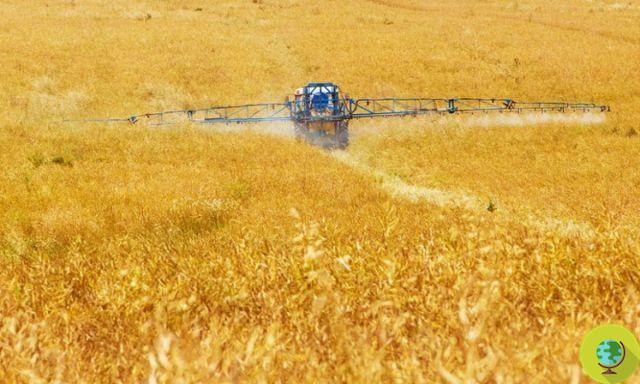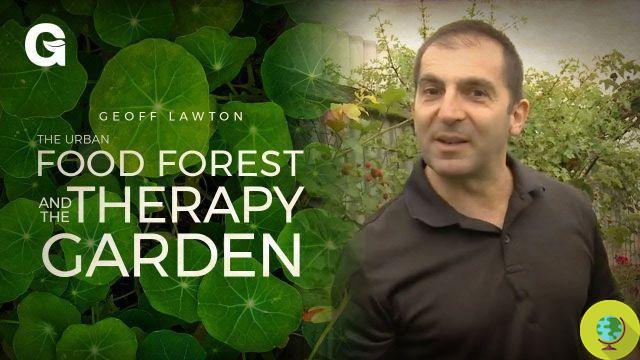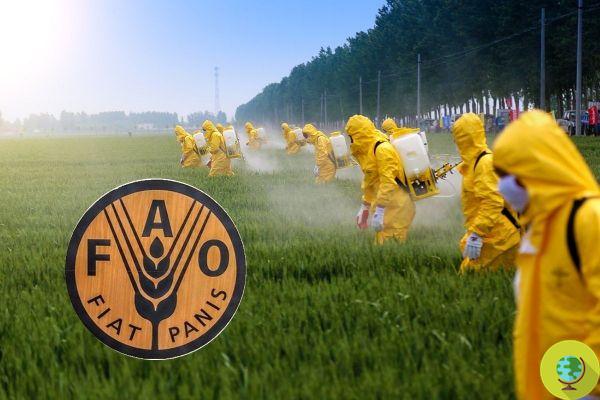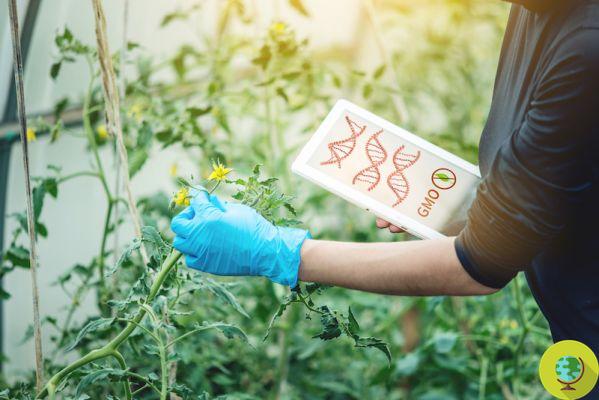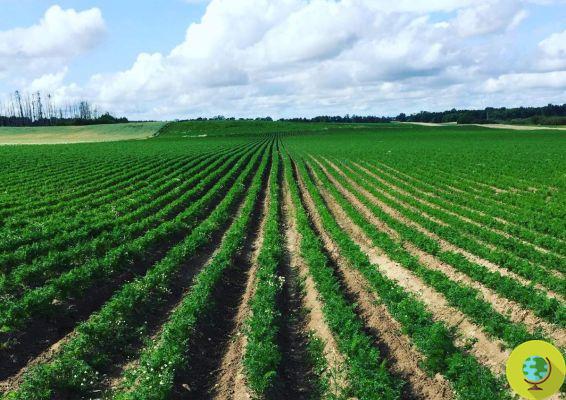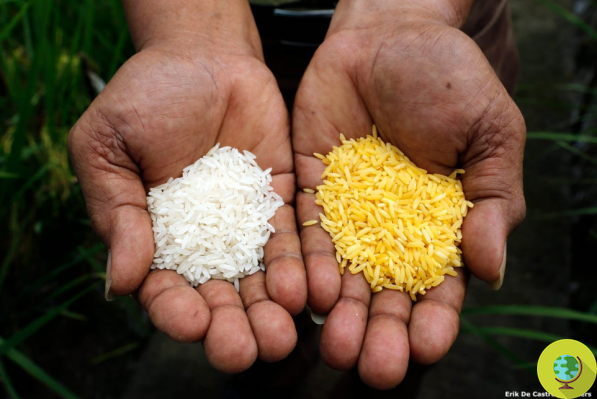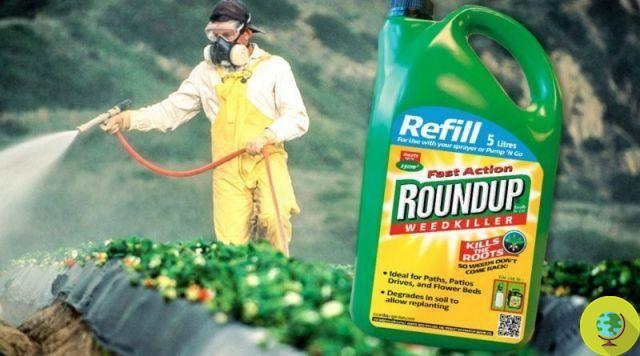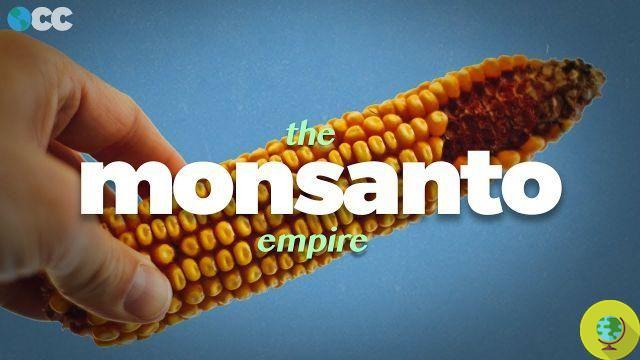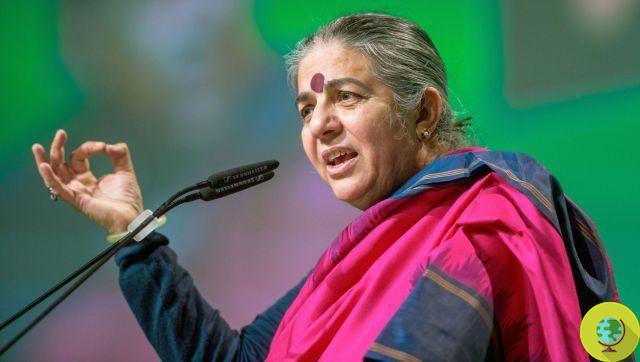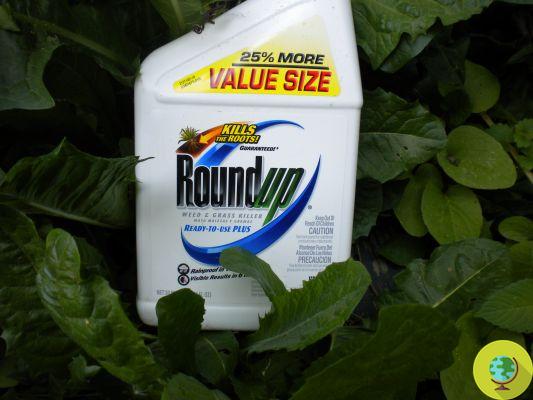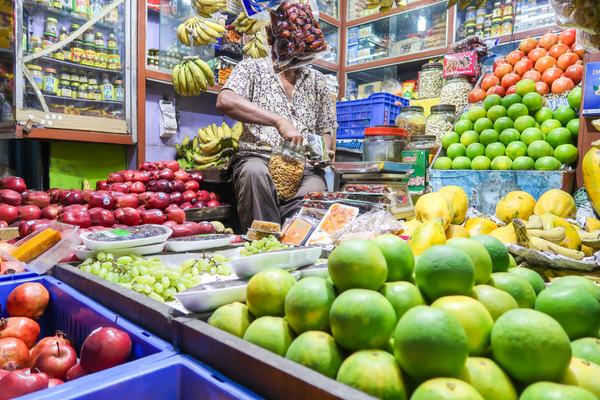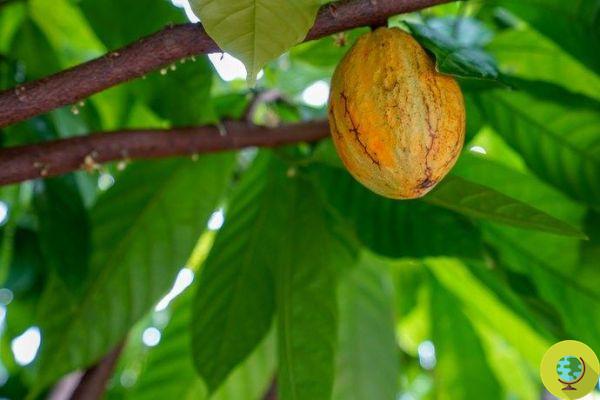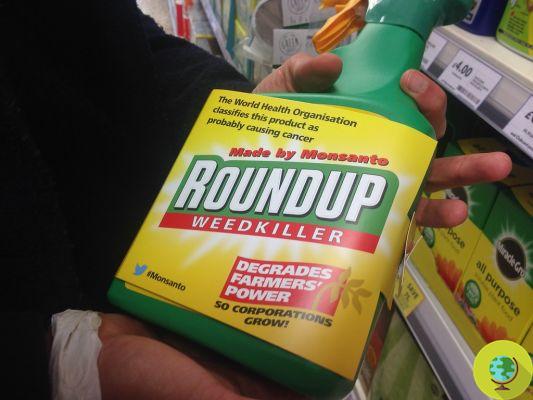Monsanto is preparing to present virtually perfect vegetables on the market, at least in the opinion of the US biotech multinational. These are not products containing GMOs, but vegetables modified according to already known techniques, starting from the crossing of different varieties, up to obtaining the best genetic traits.
He is about to end up run over, his mother saves him
Monsanto is preparing to present on the market of vegetables practically perfect, at least in the opinion of the US biotech multinational. These are not products containing GM, but of vegetables modified according to already known techniques, starting from the crossing of different varieties, up to obtaining the best genetic traits.
The multinational of GMOs does not give up and try to relaunch on the market, setting aside the much discussed for a moment genetically modified foods, to try to present products with a perfect taste and texture, which will only attract consumers. Can we trust Monsanto?
Of course not. It is simply yet another gimmick for change the rules of agriculture. Monsanto has now entered the game and cannot back down. The ancient task of preserve the best varieties of vegetables to grow passes, unfortunately, come on small farmers to the multinationals of GMOs and pesticides.
Monsanto has succeeded in change corn and soybeans to associate them with characteristics that nature had not established for these foods. This is causing serious consequences, starting from the resistance to herbicides of weeds, up to the development of parasites that require ever greater quantities of pesticides to be eradicated.
It is therefore not surprising that Monsanto has thought of introducing new varieties of its own creation obtained from conventional vegetables, which we all normally buy and bring to our tables. It's about a new path towards economic development and enrichment of the multinational, which has very little to do with consumer needs and respect for local growers.
Here then Monsanto's new “perfect” vegetables:
1) Broccoli which contain triple the antioxidants.
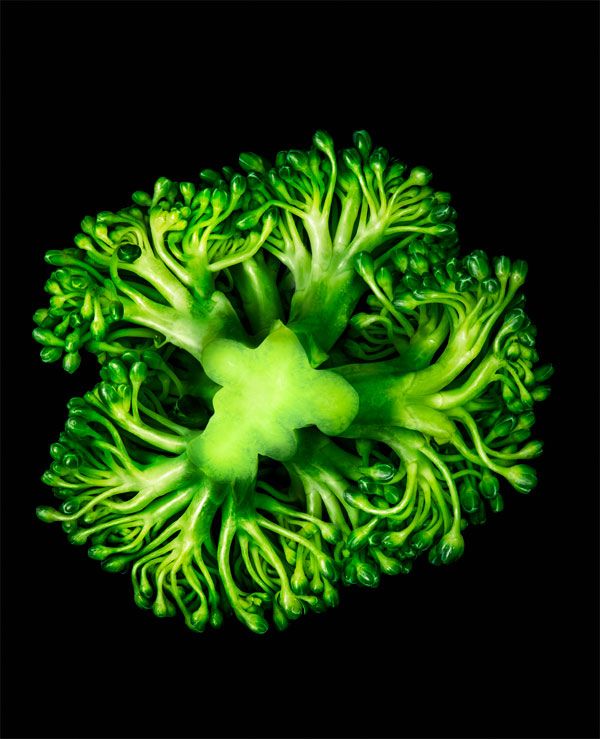
2) Pepperoni smaller with fewer waste parts.
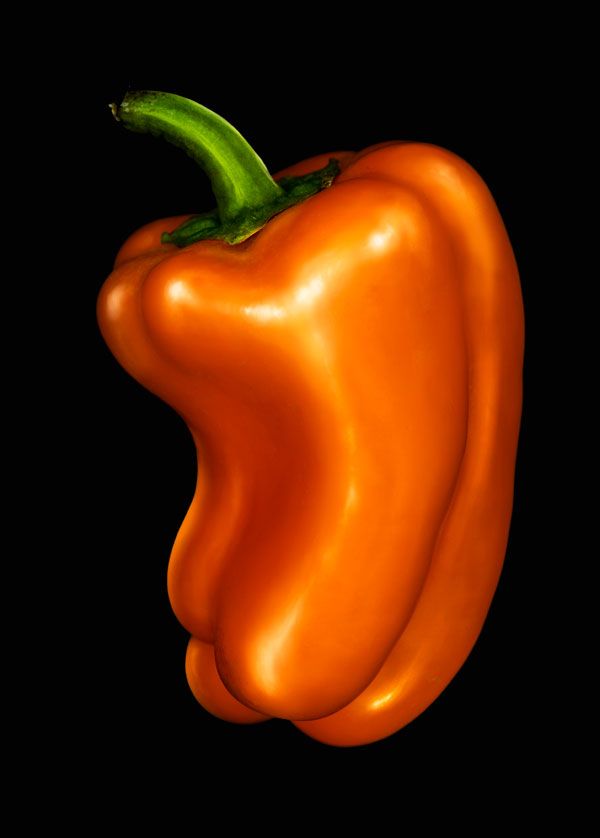
3) Melons winter cantaloupe sweeter by 30%.
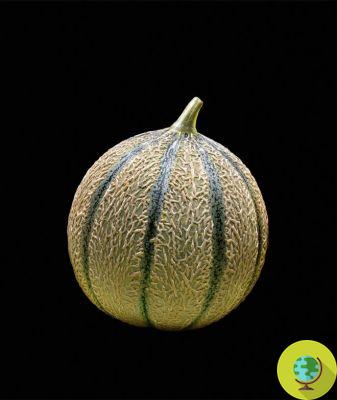
4) Onions that won't make us cry.
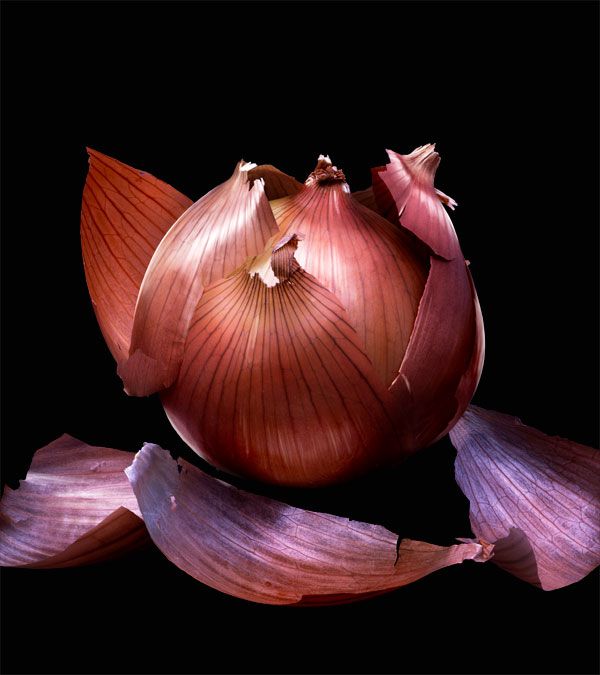
5) Lettuce richer in nutrients and stays fresh for a long time.

This shows that Monsanto is capable of obtain vegetables with innovative characteristics also without resorting to GMOs and that the resistance of consumers to the purchase of GMO foods is able to change the orientation of a company, even when it is a well-known multinational, forcing it to take a step back.
Monsanto would have given up on GMOs for a moment, certainly not for having questioned their safety for the health of the population or for the environment, but in line with consumer demands, which for the most part do not seem inclined to buy genetically modified products. To escape a possible mandatory labeling of GMO products and to avoid a drop in sales, Monsanto prefers to preserve its profits and seek alternative strategies. The multinational of GMOs does not give up, but leans towards new paths. A further confirmation of the power of consumer choices on the performance of the markets?
Marta Albè
Source and photos: www.wired.com
Read also:
- GMO: Monsanto wins in front of the Supreme Court, it is forbidden to circumvent patents
- GMO: Monsanto corn damages organs. The study revealing the health effects
- GMO: shock study on the effects of Monsanto corn withdrawn




